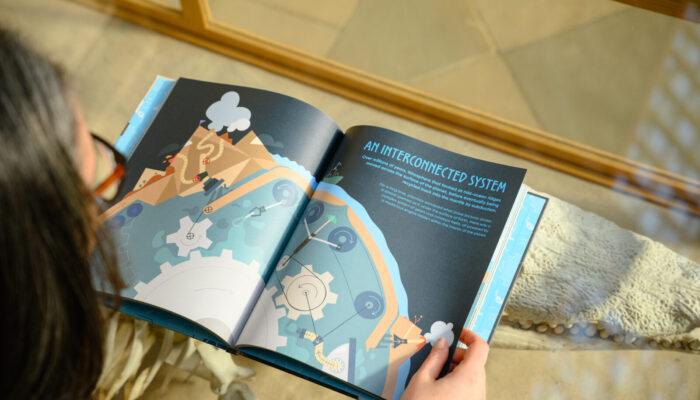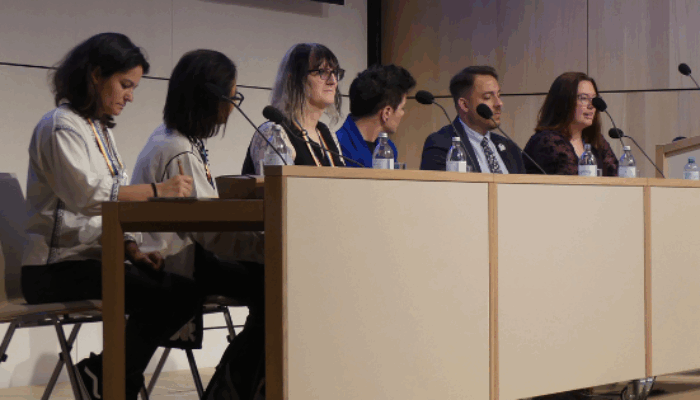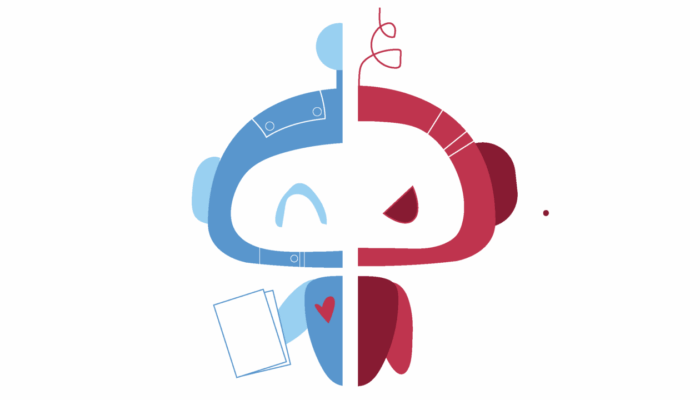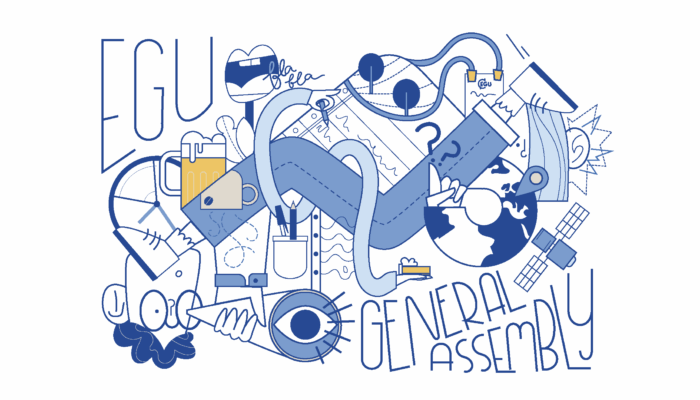Reflections following the discussions held in the EGU25 Great Debate “Gender in Geoscience” (available to watch online if you missed it). “Fairytales are the fossils of human culture.” […] said Francesca Cavallo, author of Good Night Stories for Rebel Girls, during the Union Symposium US8 on “Gender in Geoscience” on the final day of the EGU General Assembly in Vienna. As a children’s ...[Read More]
A Geoscientist’s Colorful Journey from Research to Children’s Books

In today’s blog we’re having a chat with our very own Dr Lucia Perez-Diaz. As Lucia put it at the start of this year’s General Assembly, us scientists get to wear many “hats”, and she lives up to that statement. Besides a brilliant geoscientist, she is an incredible artist – also featured as last year’s artist in residence – and a budding press assistant! But more importantly, she is the author of ...[Read More]
AI: the good, the bad, and the forgotten
AI is here, and when I say here, I mean e-v-e-r-y-w-h-e-r-e. For all you know, this blog may have been written by an algorithm (it wasn’t — I’m not a robot, promise. Or am I?). In what feels like the blink of an eye, AI has gone from a curiosity to a fully-fledged co-pilot in science (and out of science). It’s generating satellite imagery, helping compute paleo-climate predictions, or writing your ...[Read More]
The transformative worlds of EGU
About the unique trans-disciplinary exchanges EGU’s General Assemblies (GA) offer, and the far-reaching impact they can have.



